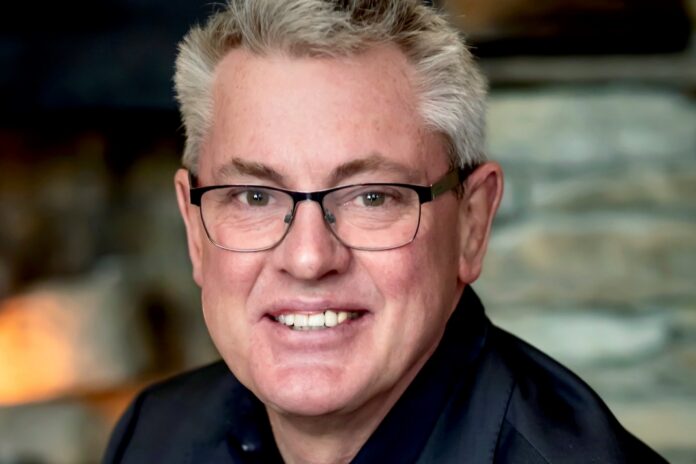New Zealand’s retirement village sector has unveiled major changes to the way the industry operates in the most significant voluntary reforms to the industry since legislation was passed in 2003.
According to a press statement by the Retirement Villages Association (RVA), among the key changes is a requirement that operators pay interest on outstanding capital sums if a former resident has not been repaid within nine months of leaving a unit. In addition, all operators are being asked to stop charging weekly fees once a unit is vacated.
Retirement village living is one of the country’s most popular housing options with more than 100 New Zealanders moving into a retirement village every week.
Members of the RVA, which represents operators comprising over 96 percent of the sector by unit number, including not-for-profits, independents and listed village operators, have approved the changes, which will be trialed for 12 months as part of the RVA’s best practice guidelines.
The reforms will be voted on at the RVA’s AGM in July 2023, and if passed, will become part of the Association’s best practice requirements. The RVA has also committed to asking members to amend Occupation Rights Agreements (the contract between an operator and resident) to eliminate any perceived unfair clauses.
New guidelines
The sector’s best practice disclosure guidelines regarding residents’ transfer to care will also be recommended to be incorporated into the Retirement Villages’ Code of Practice.
Furthermore, if a resident is moving from a village without the necessary level of care and needs funds to pay for residential care costs in another facility, village operators will take all reasonable steps to assist them to get a residential care loan from the Ministry of Social Development.
If a loan is not possible, the operator will advance sufficient funds to cover the residential care costs with the advance secured against the net proceeds when they are paid out to the former resident.
“Retirement village living is one of the country’s most popular housing options with more than 100 New Zealanders moving into a retirement village every week and independent research shows overwhelming satisfaction rates,” said Graham Wilkinson, President of the Retirement Villages Association.
The sector accepts it is only fair that village operators share some of the pain where a relicensing of a unit takes over nine months, although RVA research shows this was less than 10 per cent of all relicensing in 2021, he said.
Stopping weekly fees when residents leave units has already been adopted by the six largest corporate operators and larger independents and dozens more operators will now follow, said Wilkinson.
“The operators that do charge fees after a resident leaves are generally smaller or regional operators that simply cannot afford to cease this practice. Operators who are not responsible for the sale of the residential unit or independently owned villages with fewer than 50 residential units will also be exempt from the changes if the business risks failing.”
However, the RVA is encouraging the smaller village members to trial the reforms, note the results, and if necessary will amend the remits so that no resident is disadvantaged.
“Villages are extremely long-term investments and operators need certainty before they can invest,” said Wilkinson. “Developing and fully licensing a village requires substantial capital and takes typically around five-to-eight years, and many further years before any cashflow return is received.”
“87 per cent of residents moved seamlessly from the village to care. Of the 13 per cent who moved to another facility in 2021, four per cent [of this figure] was because there wasn’t the right level of care available in their home village, two per cent needed to make a temporary move because a bed wasn’t immediately available, and seven per cent moved away for personal reasons.”
According to the RVA, an independent survey showed the overall average time village operators took to repay former residents or their estates their net capital minus a deferred management fee is just four months. 77 percent of units relicensed last year were within six months and a further 14 per cent within a further three months. Just nine per cent, or 283 units, took nine months or more.
Note: the RVA’s Executive Director is willing to visit branches to outline the proposals and how they impact on residents and operators. Contact John Collyns, RVA Executive Director, 021 952 945, for further information.



